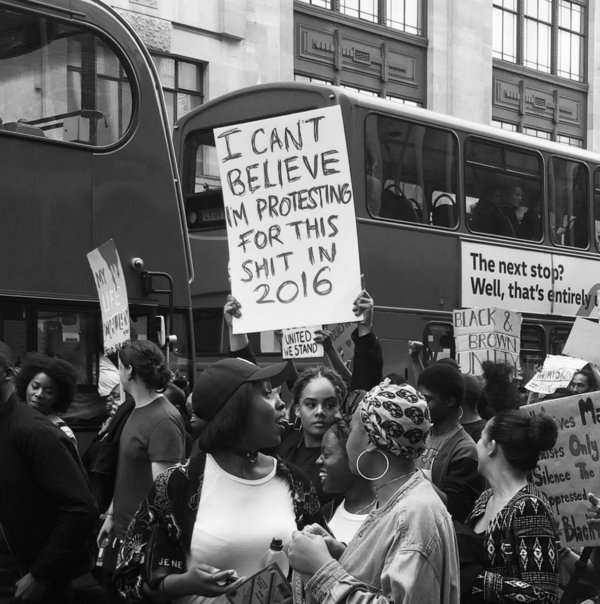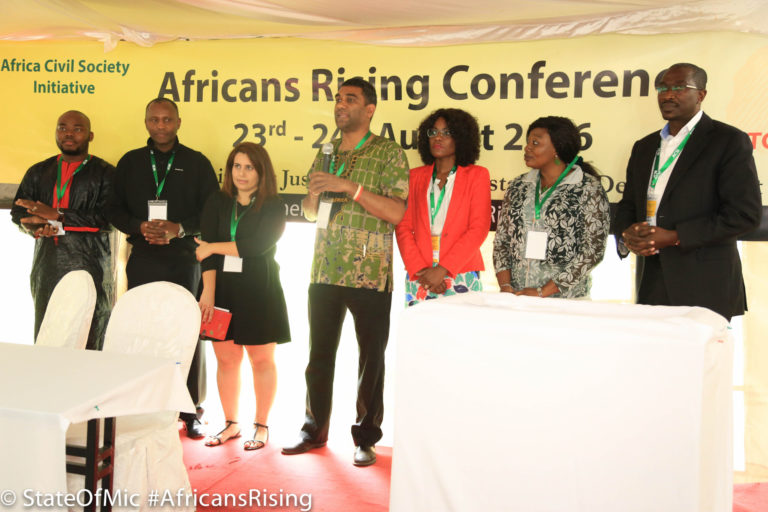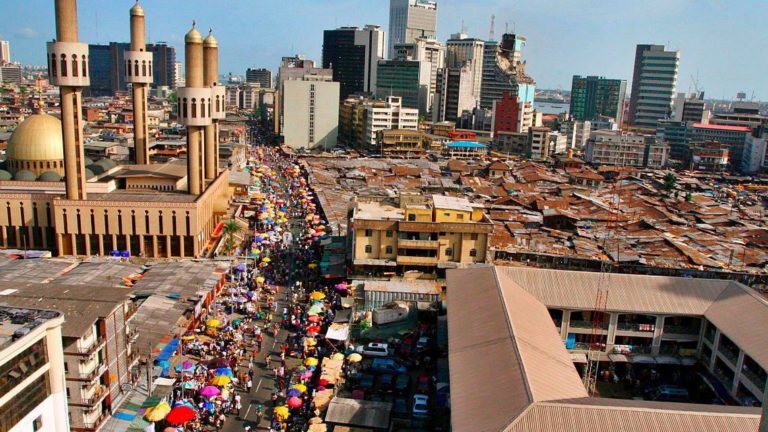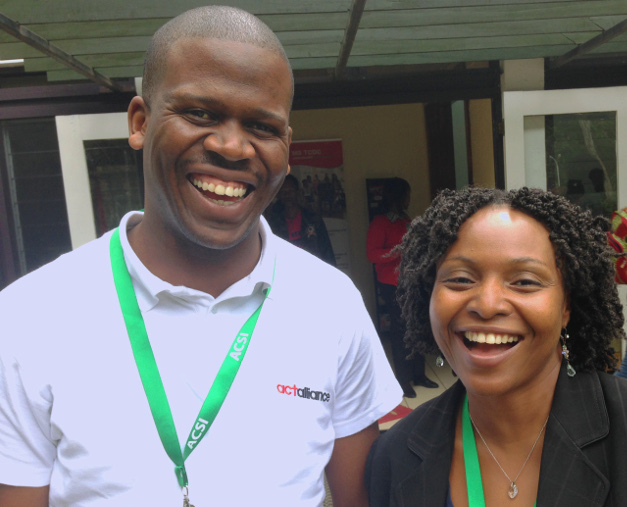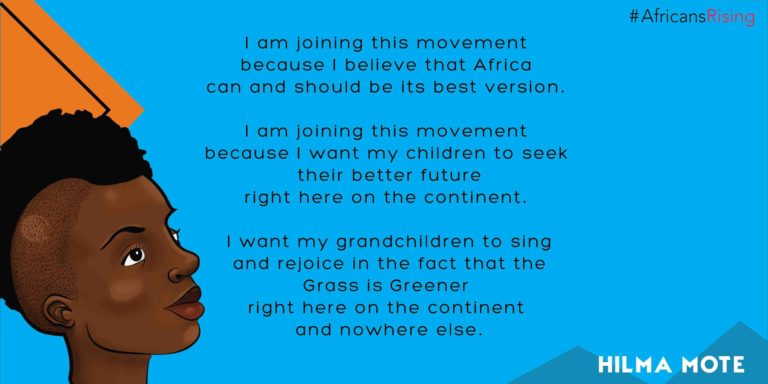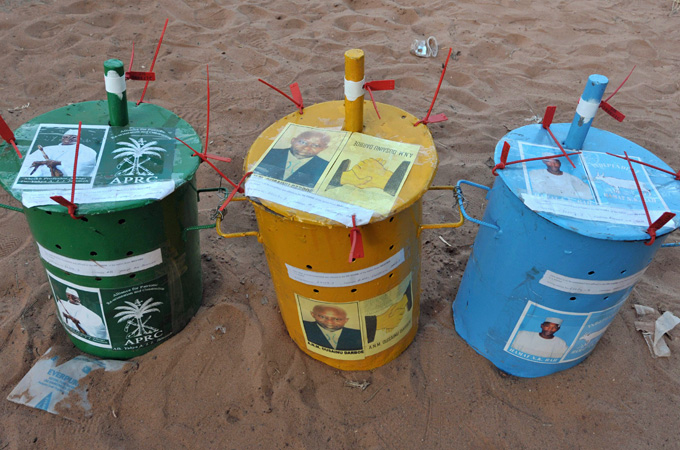The Value of the African Union
By: Madi Jobarteh
The AU is hosting a major meeting on February 11 to address the situation in Sudan. For the past year and more, Sudan has been engulfed in a brutal armed conflict which has cost thousands of lives and displaced millions and turned many into refugees. Meantime, in the DRCongo, a forgotten war has been raging for more than a decade without an end in sight. The Sahel regions as well as in the north of Africa, armed conflicts continue unabated.
Where there are no armed conflict, autocratic, self-perpetuating and corrupt regimes and presidents are scattered all over the continent. Yet, the region has a body, the AU and its regional blocs created purposely for creating and building democratic governance, ensure peace and generate social and economic prosperity for African people.
Given the status quo, it is utterly pathetic that the AU cannot silence guns throughout Africa. Since its founding in 1963, there has been no single day that guns have not been firing on the continent. This is a gross failure of the AU which is what must be addressed first and foremost.
The AU has all the necessary instruments and institutions to guarantee good governance, protection of human rights, ensuring citizen participation and create economic prosperity for Africans. Yet, AU leaders continue to fail to adhere to the norms and standards of these instruments. Not only presidents seek to entrench themselves in power, but also lead very corrupt and ineffective regimes while fomenting division and disunity in their countries.
Otherwise how could AU allow Sudan to drop to this deplorable situation after the gallant Sudanese citizens ousted the autocratic regime of Omar Bashir more than a decade ago? In the first place a regime like that of Bashir should not have emerged in any country if the AU was fit for purpose. Unfortunately such regimes are scattered across the continent led by such presidents as Paul Biya, Museveni, Obiang, and Eyadema.
The failure of the AU is most saddening where even those countries that are said to have taken the democratic path in electing leaders only to see them employ autocratic methods of governance. From Kenya to Nigeria, Senegal to Ghana, Rwanda to Guinea Bissau, Gambia to Angola, we have seen how democratically elected leaders undermine democracy thereby endangering peace, stability and prosperity.
Thanks to Ghanaians and Senegalese, the corrupt Sall and Ado regimes were kicked out. But in Burkina Faso, Niger, Mali and Guinea, the failure of democratically elected governments led to coups while the AU and its regional blocs look upon, helplessly. This raises questions as to whether the AU is competent enough to lead and save the continent?
In contrast, the EU won a Nobel prize in 2012 precisely for successfully attaining peace and reconciliation and democracy and human rights in Europe. The Nobel committee said the prize signifies the stabilizing part played by the EU to transform most of Europe from a continent of war to a continent of peace. From 1945 to 2012, the EU ensured that democracy, good governance and sustainable development prevailed across most of Europe.
What about the AU?
Since 1963, the continent has been mostly preoccupied with civil wars, military coups, dictatorships, corruption and human rights violations perpetrated by state parties mainly. These regimes have only succeeded in producing, consistently, widespread poverty, deprivation, inequality, injustice, refugees and poor social services.
Therefore, what is the value of the AU? Indeed it is a well funded organization with all the necessary infrastructures and well paid technocrats. But what has it produced for Africa?
The success of the AU should not be measured in its peacekeeping efforts. The AU is not a crisis management organization. Rather, the AU is created to prevent crisis from erupting in the first place. The AU is established purposely to build, produce, transform, and sustain a peaceful, stable and prosperous Africa, today and in the future. Sixty two years later, has this mission been achieved? No.

